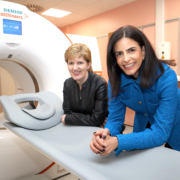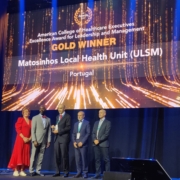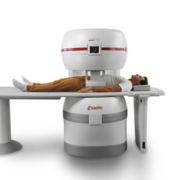4D Lifetec secures $26m investment from Xlife Sciences to open new horizons in early cancer detection
In a significant financial milestone, Xlife Sciences has invested CHF23.3 million (US$26,3 million) in 4D Lifetec, acquiring a 20% stake in the company. With the agreement, Xlife Sciences is not only bringing in a direct cash investment, but also an AI software developed specifically for 4D Lifetec, which will massively expand the functionality of the […]










